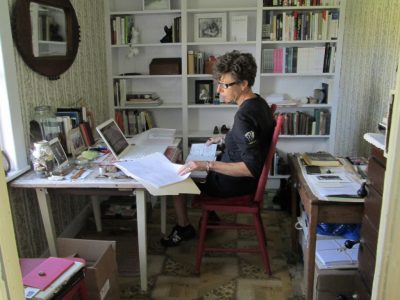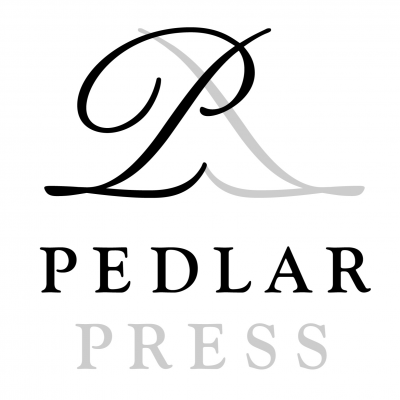
Founder
Beth Follett is the founder and publisher of Pedlar Press, a Canadian literary house. Her first novel, Tell It Slant (Coach House Books, 2001), a retelling of Djuna Barnes’s 1936 novel Nightwood, met with critical acclaim. Her poetry, prose and nonfiction work have appeared in Brick, Best Canadian Poetry 2019, and elsewhere. Her second novel, Instructor, is forthcoming in February 2021. She lives in St John’s NL.
Tell us a bit about your press. How did you start? Who are your influences, in Canada and beyond? What is your mission?
Pedlar Press started up in 1996. I needed a break from work with child sexual abuse survivors, and imagined the publishing house would be a short-lived engagement. Influenced by Coach House Books in Canada and FSG in the U.S. Pedlar Press publishes innovative, contemporary Canadian fiction & poetry, the occasional literary nonfiction title, works that preserve and extend the literary tradition that values experimentation in style & form.
What about small press publishing is particularly exciting to you right now?
Small press is and has been historically the site of a country’s most exciting works of literature. It has been wonderful to be part of this gutsy community for 25 years.
How does your press work to engage with your immediate literary community, and community at large?
Pedlar has tried to act locally and in the sensuous rather than the virtual world. No e-books, and during the pandemic we are not using Zoom and other platforms to showcase authors. The books are the thing, and always have been.
How have the current multiple global crises impacted your work with the press?
These are very hard times for the press. Sales are down 65 to 85%.
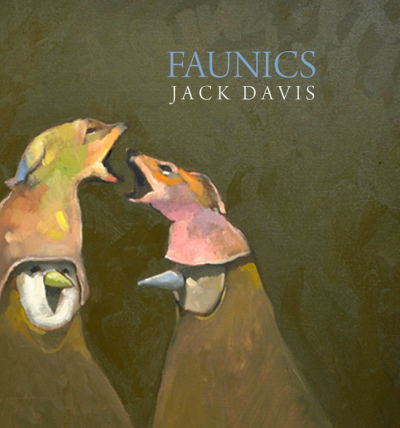
Faunics
Jack Davis
2017
Occasionally a book of poetry appears, seemingly out of nowhere, that is openly discussed between poets as a ‘must read’ well before any reviews or notices have appeared, as is the case with poet Jack Davis's remarkable debut, Faunics (St. John’s, NL: Pedlar Press, 2017). Faunics owes a debt to nelson Ball and Mark Truscott, both of whom are acknowledged, both as notes at the end of the collection as well as individual dedications, for their influences upon his work. Because of this, Davis’s poems aren’t merely short or short-lined, but poems that fully comprehend the lessons of what Ball and Truscott and others have been working on for years, writing an incredibly precise lyric of sustained attention. — rob mclennan
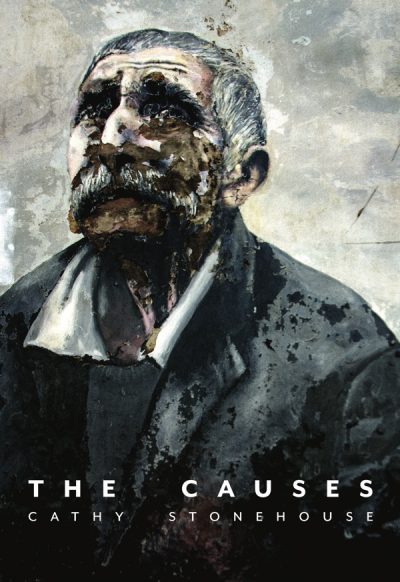
The Causes
Cathy Stonehouse
2020
I finished [The Causes by Cathy Stonehouse] a few days ago and have been carrying around its powerful story in my heart and head ever since. The author has captured something tremendous here that will resonate with anyone who wants to put on another’s skin and experience their struggles and triumphs close-up. While I was familiar with the Falklands/Malvinas conflict, I had never read anything like this narrator’s perspective. He is a young Argentinian man, and the author viscerally recreates his wartime experiences, along with his ensuing struggle after returning to a country that blames (and shames) its soldiers for losing. Internal and external demons combine to drive him through a series of challenges that the author artfully blends with hints of magic realism. What is real? Who’s to say? Along the way the story illuminates a conflict that few people talk about, along with the toll it took on those involved. The prose is stunning and the story is heartbreaking and powerful. This is a must-read for anyone interested in British or South American history, wartime experiences, PTSD, along with anyone who loves deep and thought-provoking stories told in the finest literary prose. — Shannon Cowan
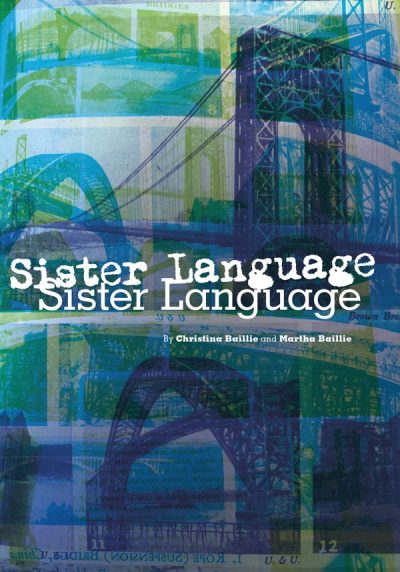
Sister Language
Christina Baillie & Martha Baillie
2019
Martha and her sister’s book is so remarkable and, that rarest of things, original. It seems to be what Virginia Woolf called “a conversation into posterity.” — Howard Norman
In Sister Language, Christina Baillie writes, LANGUAGE BELIEVES IN THE PATIENT’S REAL EXISTENCE, but this book makes clear that she and her sister Martha believe that language can also be a place of play, trust, exploration, great tenderness and the profound expression of the strangeness, pain and beauty of having a life. This intimate and attentive correspondence between these two sisters who are both writers is an ode to relationship, understanding, communication, love, and trust as well as the possibilities and negotiations of disability, sisterhood and a life lived through language. This is a remarkable and moving epistolary novel that thinks deeply about what writing is and what it means to share both writing and one’s self. — Gary Barwin
